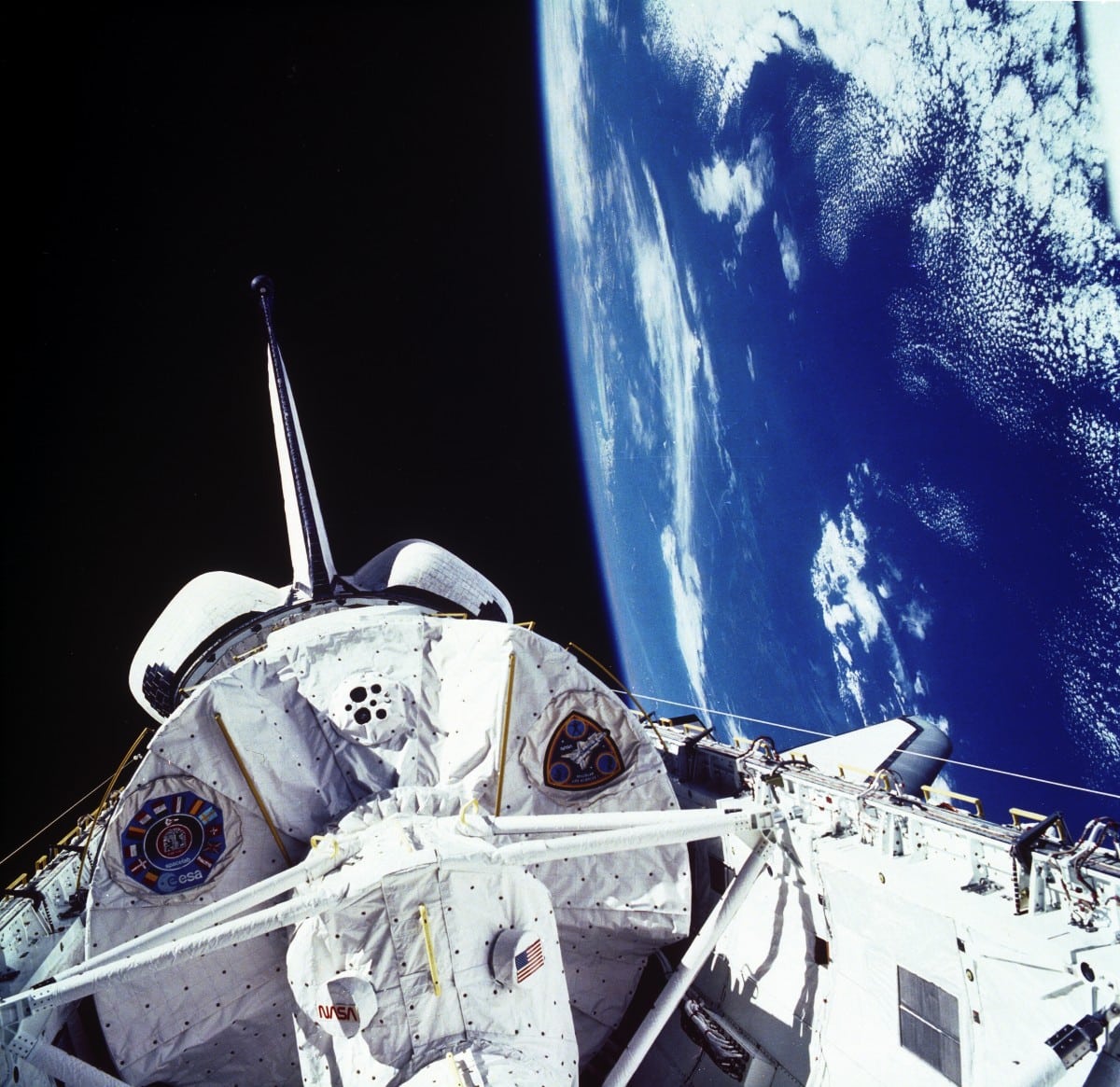 Image courtesy of NASA's Marshall Space Flight Center on Flickr
Image courtesy of NASA's Marshall Space Flight Center on Flickr
Could ‘Star Wars’ Become More Than Just a Movie? — How Space Force Could Cause a Full-Out Space War Between the US and Russia
Just a few weeks ago, US President Donald Trump announced the creation of a sixth branch of the military to be known as space force. This announcement has been met with opposition from many US and foreign officials. Russia has expressed particular concern over the idea, with head of the Russian Parliament’s Upper House Committee on Defense and Security, Victor Bondarev stating, “Militarization of outer space is the path to disaster. Let’s hope the American political elite still have the remnants of reason and common sense.”
The US and Russia currently have a strong relationship when it comes to space exploration. US and Russian astronauts often work together at the International Space Station, with US and Russian astronauts travelling together in Russian ships. Additionally, the US continues to use Russian rocket engines to launch its rockets into space, although Congress aims to phase them out by 2022. Despite this solid relationship, the creation of a US space force could result in an all-out space war, with Russia and the US as adversaries. Bondarev even threatened, “If the United States withdraws from the 1967 treaty banning nuclear weapons in outer space, then, of course, not only ours, but also other states, will follow with a tough response aimed at ensuring world security.”
Both Russia and China are currently developing anti-satellite missiles that within two years could have the capability to take down US satellites orbiting in low Earth orbit. This means that the US would suffer significant damage in the event of a conflict in space. Losing these satellites would be detrimental to the US military, which depends on them for actions such as gathering intelligence and guiding precision bombs, missiles, and drones.
In addition, a space conflict would likely include cyberattacks to disrupt services and jam GPS satellite in conjunction with physical attacks using a missile or laser to destroy or blind space assets. In case of physical attack, even if the US was not directly targeted, debris from explosions could cause serious damage to US satellites and other equipment. For example, a thumbnail-sized fleck of paint once hit the 6-inch-thick windshield of one of NASA’s space shuttles and penetrated about 3 inches into the glass, damaging the shuttle.
The creation of space force could be detrimental to US national security as well as international security as a whole, with Executive Director of the Center for Ethics and Rule of Law at the University of Pennsylvania, Cassandra Steer explaining that weaponization of outer space is “a cyclical escalation which has led some commentators to describe this as a conceivable return to a Cold War-type arms race.” A space conflict would not only affect the US military and government, but the everyday lives of most American people. GPS is used for everything from the timing signals for the New York Stock Exchange and ATM machines, to enabling delivery companies such as Uber Eats.
Space force would likely accomplish the of its intention by creating roadblocks setting the US back in terms of space exploration and security. A strained US-Russia relationship could mean that the US would no longer be able to have its astronauts join Russian astronauts on trips to the International Space Station. Additionally, space is one of the only, if not the only, fields in which the US and Russia regularly work together without conflict or tension. Damaging this relationship could obliterate a significant point of friendly communication and interaction between the two countries, which already suffer from a very damaged relationship. The US should reconsider creating space force in order to save itself and the rest of the world from a conflict that could ultimately escalate into an arms race and a full-out war in space.






